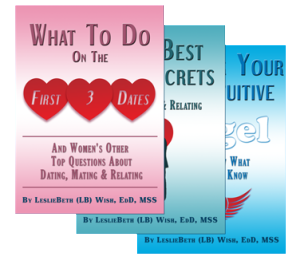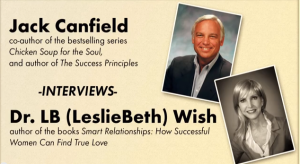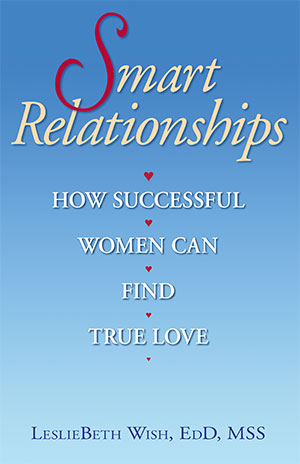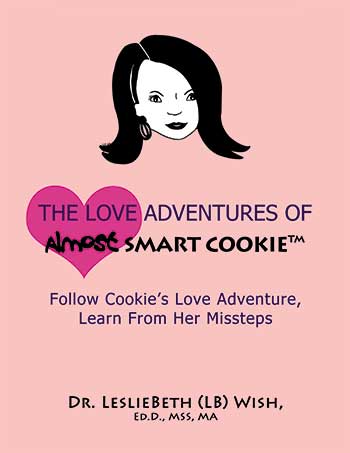Part 5 of a Series about Bad Relationships.
 Getting out of a bad relationship is difficult enough, but this act is just the beginning of journey to your best self. There is life after the emotional hurts from break ups, yet many people take the wrong path in their recovery and fresh start. Here is a guide of the top recommendations to help you use this next step wisely.
Getting out of a bad relationship is difficult enough, but this act is just the beginning of journey to your best self. There is life after the emotional hurts from break ups, yet many people take the wrong path in their recovery and fresh start. Here is a guide of the top recommendations to help you use this next step wisely.
1. Expect ups and downs. Even if you feel relief from getting out of a bad relationship, those feelings of pessimism and anxiety can creep in. Let me be clear—it is normal for your emotional life to be a roller coaster ride of highs and lows, and chills and thrills. One minute you might shine in your new-found freedom, and the next minute you might feel un-moored. Some of the women in my study described feeling like a shiny mylar balloon let loose. Don’t panic.
The wisest use of your time during this transition stage might include not making any earth-shaking decisions. On the other hand, you might take a wild stab at life such as moving to a new city or going back to school. Wisdom allows you to know which ideas are good or too risky. Take time to focus on deepening your self-understanding. Aim to learn why you were in this relationship. Seek therapy if you can’t come up with answers that explain the most or if you are not sure enough about big changes. Bear in mind, though, most major decisions in life are made with incomplete information!
2. Forge a new path–don’t build walls around your heart. Many research studies don’t have anything good to say about long-term social isolation. It impairs your immune system and affects your management of mood, health, energy, optimism and sense of control of your life. So, the question that usually nags at your heart is: Do I have to be in an intimate relationship to be happy? The answer is both yes and no. If, for example, you are socially connected through your volunteer work, religious participation, work, friends, family, interests and hobbies, then you might indeed be rich in life.
However, here is the warning sign: If you are avoiding opportunities for a new intimate partner, then you are heading down the wrong path that ends with a wall and mote around your heart. If you’ve especially had a horrendous relationship experience, then you are most likely to feel down on love.
At that point you fool yourself into thinking this approach is a good strategy because of any number of dumb reasons that sound convincing such as: All the good ones are taken. I’m too old. If it’s meant to be (for me to meet The Someone), then it will just happen. The Right Person comes along when you’re not trying.
So, what do you do? You avoid certain events or meetings. You do other things too much–shop, eat, drink, watch television, sleep or stay up, and hide out at work. Look at the Cookie cartoon below. Do you see you?
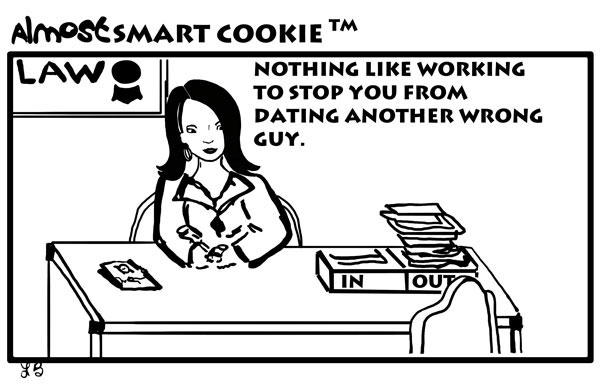
Well, you can imagine what I say to that thinking: You are lying to yourself, and you are leading with your fears of getting hurt again. This wrongheaded mindset reminds me of one of the many teachings from Daisy, the African-American woman who raised me: Don’t volunteer to close doors.
Hurt recovery does take time. But the trick is to use those weeks or months productively. Use this situation in your life to learn about you through honest and often scary self-reckoning. A therapist can be an indispensable guide in your inner search.
3. Develop trust in your judgment. At the core of fear of getting hurt again is lacking trust in your judgment of people. After all, you were probably not crazy when you fell in love. There usually are a few good things that attracted you. But here you are—out of that seemingly smart relationship. I have good news for you. One of your best tools for recognizing a good match is to boost your ability to read others and build trust in your intuition. Read books on reading people.
The other skill set to nurture is to know how to use the beginning time with a new person. Hang out together rather than go on those romantic and exciting dates. Make your dates resemble real life. Secondly, ask questions that give you a living picture of what it would be like to be with this person. You might ask, for example: Describe a typical week or two in your life. Lastly, find out what they’ve learned about themselves from their previous relationships. For instance, did they learn that they have a temper or avoid hot topic discussions? And what do they now know they need in a partner.
Remember, on this planet, you only have one life to live! Get brave.
I hope these tips spark new thoughts and actions. To receive my blog, learn about my books or win free prizes, please go to my website, www.lovevictory.com, and please follow me on Twitter @LeslieBeth Wish.
Thank you!
